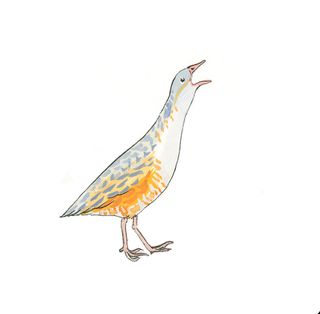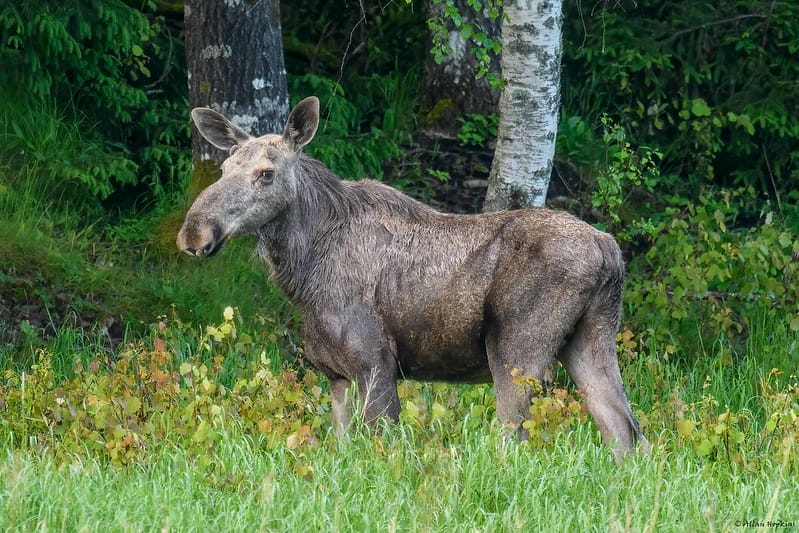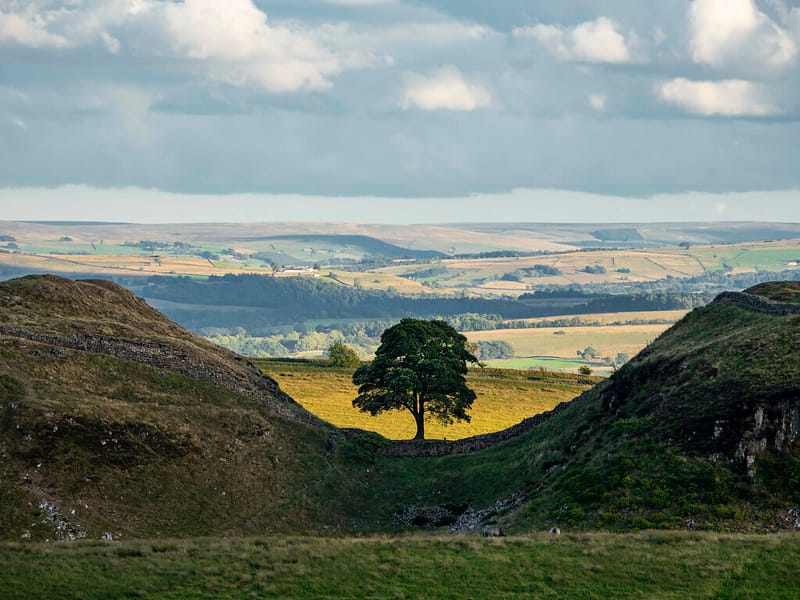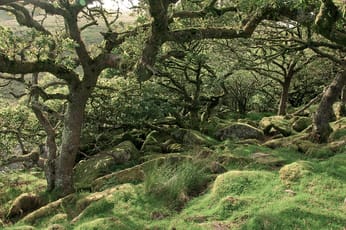
War On Newts & Lockdown Lilies
The latest news on nature and conservation in the UK.
National news
Newts | You know it’s been a strange week when, amid a pandemic and global protests, the Times has the headline: ‘Are newts really the problem?’ It is referring to Boris Johnson’s ‘Build, Build, Build’ speech, in which he announced a major building boom to revive the coronavirus economy. Apparently, the only thing standing between the UK and greatness is newts. “The newt-counting delays in our system are a massive drag on the productivity and prosperity of this country,” said the prime minister. Campaigners fear that regulations protecting nature are now in the firing line. The i has a good explainer, as does Unearthed; I’ve rounded up the NGO reaction to the speech in the ‘Driftwood’ section below.
Money | As well as waging war on newts, the government announced it would further boost the economy by creating a £40m ‘Green Recovery Challenge Fund’. The idea is that the fund will create jobs that protect nature. Don’t get too excited though: it’s not new money. £30m of it will come from the Nature for Climate Funding, which was announced in the March budget, and £10m from the Nature Recovery Fund. Richard Benwell from Wildlife and Countryside Link appeared on the BBC’s Farming Today to talk about why the money is not enough, and gave a written response here.
COP26 | You might be aware that the UK is hosting next year’s UN climate conference, COP26. The environment secretary George Eustice gave a speech this week at a pre-conference event, where he highlighted that nature would be a priority for the UK. “We want nature-based solutions to become an important part of that agenda,” he told businesses. I’ve been to a lot of these UN conferences and nature usually takes a back seat to discussions on energy and finance, so it’ll be interesting if the UK decides to shine the spotlight on the natural world this year.
In other news:
- The Welsh government is missing its tree-planting targets. Wales Online
- Scottish farmers need to grow more vegetables to tackle climate change, says Zero Waste Scotland. The Times
- Wild Justice is fighting Defra’s badger cull. BirdGuides
- The Marine Conservation Society is celebrating the addition of two sustainability amendments to the Fisheries Bill. MCS
- The government has awarded £100m to zoos and aquariums to help them weather the coronavirus crisis. The Telegraph
- A judge has ordered an appeal hearing for Chris Packham’s legal challenge to HS2. Express & Star
Across the country
Manchester | Although it’s difficult to attribute a single weather event to climate change, the recent warm weather has given some worrying glimpses into how British wildlife might react to a warmer climate. More than 60 pipistrelle bat pups had to be rescued in Manchester after they fell to the ground when their roost overheated. “There is not much known about the effects of heat waves on UK bats, but this is exactly the kind of evidence we need to be able to understand and predict impacts of future climate change,” said bat researcher Dr Orly Razgour. In the Peak District, fish had to be rescued after a river dried up.
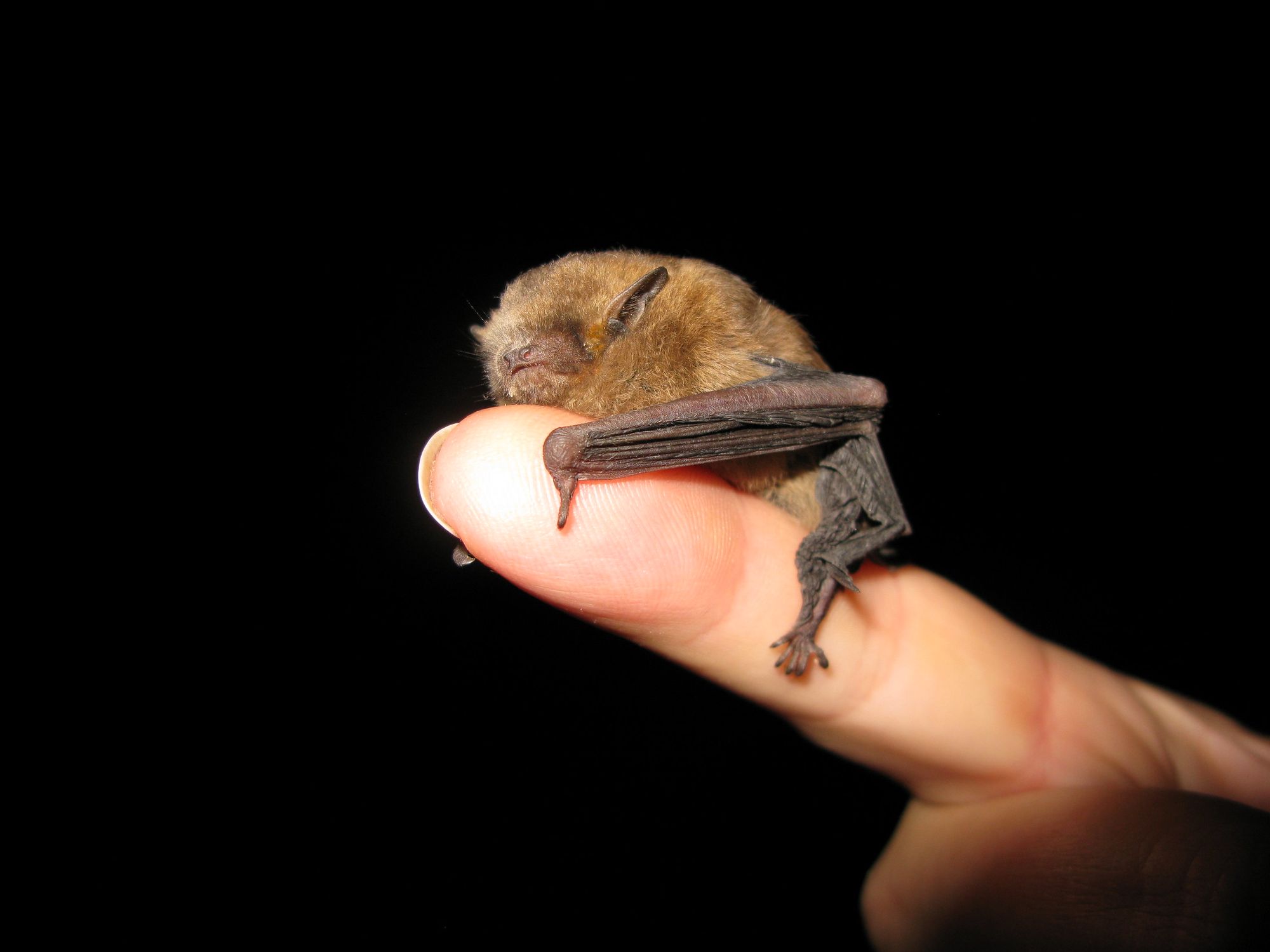
West Midlands | Some 27,000 homes have been slated for construction on the green belt in the Black Country and Staffordshire – but this could be avoided if construction shifted instead towards the town centres, according to an alternative strategy tabled by the West Midlands branch of the Campaign to Protect Rural England. West Midlands mayor, Andy Street, is spearheading a “brownfield first” policy for the building project.
Belfast | A giant water lily has bloomed for the first time in 27 years at Belfast’s Botanic Gardens, and gardeners reckon that we have coronavirus to thank. "The fact that there have been no visitors meant that the entrance doors to the ravine haven't been opening and closing and letting draughts of air in to affect the temperature,” said the garden’s horticulturist, Adrienne Armstrong. The BBC has written a little profile of the plant.
Elsewhere:
- Baby beavers have been born in Essex. BBC
- Two chicks of a rare and undisclosed species died on Gull Island after paddleboarders landed at the site. BirdGuides
- Landings of sea bass by Cornish boats have increased despite restrictions to help stocks recover. Cornwall Live
- Hartlepool council has issued an appeal to protect a colony of little terns. BBC
- The Environment Agency wants to give free trees to angling clubs in Cambridgeshire. Environment Agency
- A beloved weeping willow has been cut down to make room for a supermarket in Staffordshire. Stoke Sentinel
Reports
Countryside | The Campaign for Rural England has released a manifesto for creating “a resilient countryside after coronavirus”. It lays out a series of wide-ranging demands aimed at the government, including guaranteeing every child a night spent in nature and establishing a rural economy task force. It’s an easy read with some thought-provoking ideas that reflect how the lockdown has shaped the UK’s regard for nature.
Brexit | Greener UK has released a briefing on the environmental impacts of the draft legal texts that set out the UK’s desired future relationship with the EU. You can read their analysis at length here, but its overall conclusion is damning: “Considering the UK’s draft legal texts against the benchmarks, our conclusion is that their overall risk to the environment is high.”
Science
Eagles | Both golden and white-tailed eagles were once common across Wales, according to research published in Conservation Science and Practice. The team, based at Cardiff University, collected historical evidence for the species as a prelude to possibly reintroducing them across the country. This included observational data, fossil and archaeological records and evidence from place‐names in the Welsh language. The findings were written up in the Guardian.
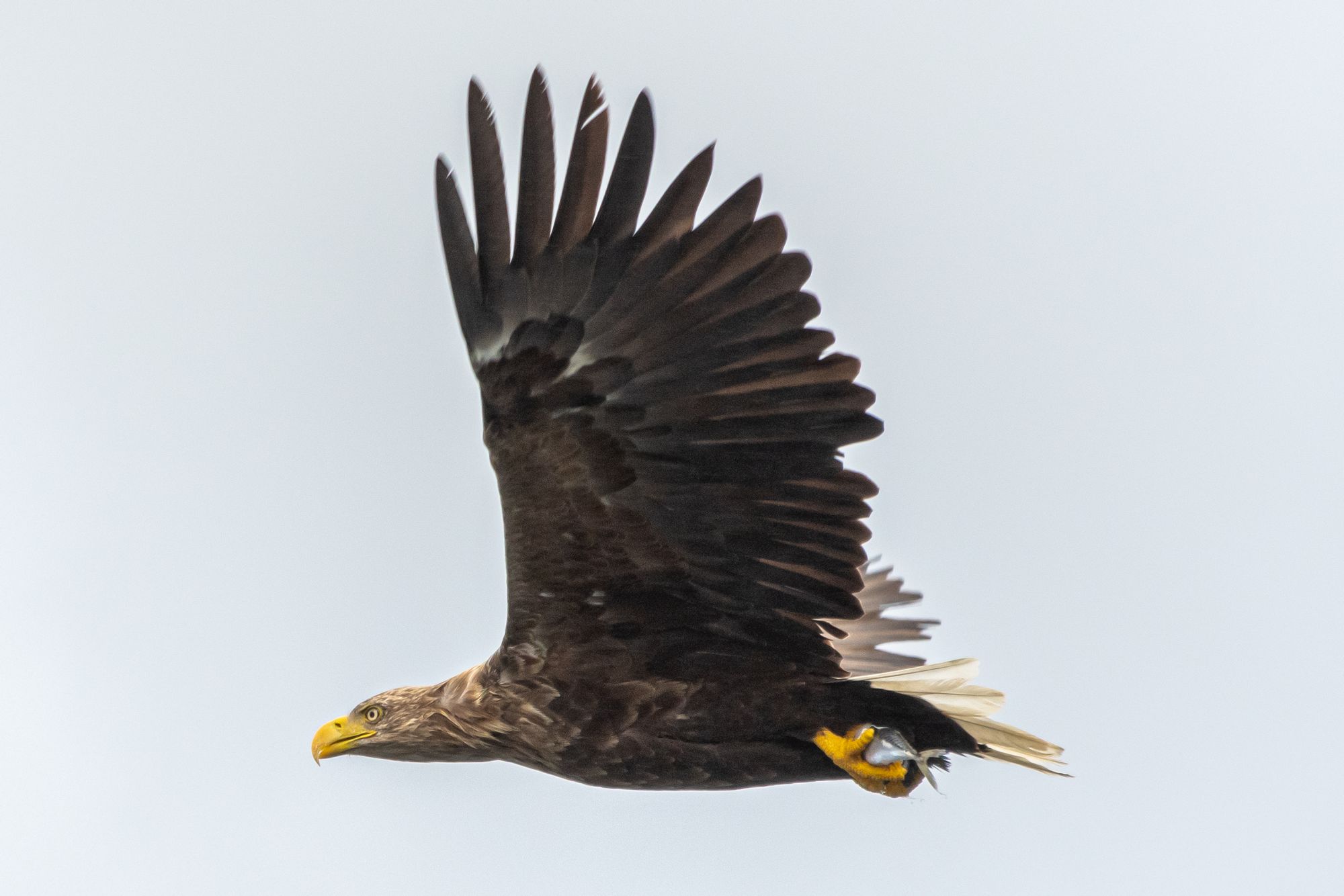
Wind farms | Birds versus wind farms is a subject beloved of climate sceptics: I think everyone who’s argued to avert catastrophic climate change has faced accusations of hating curlews at some point (I have and I love curlews!). Well, the JNCC has just completed the pilot year of a study into the impacts of offshore wind on marine birds, specifically black-legged kittiwakes. You can read more about their work here, and see the reports they have already released here.
Oystercatchers | Human activity, particularly dog-walking, leads to an increased level of vigilance among sleeping oystercatchers, according to a study published in the Journal of Zoology. This may have negative consequences, particularly for chicks, as the birds lose sleep.
Driftwood
Build | Environmental organisations were quick to respond to Boris Johnson’s speech, which I described above. “Temptation to weaken environmental regulations in order to speed up the economy must be resisted,” wrote the RSPB’s Martin Harper. There is a spirited defence of newts (and an apt P.G. Wodehouse reference) in this blog by Jim Foster of Amphibian and Reptile Conservation. Craig Bennett of the Wildlife Trusts called the speech “hugely disappointing,” pointing out that “the Government has announced billions for road building projects and just £40 million for nature.” The Woodland Trust and CPRE also responded.
Diversity | The country’s awakening to the systemic racism faced by people of colour continues apace. A coalition of black people working in nature and conservation released a long statement this week, outlining all the ways they are “undermined by white supremacy within the environmental field.” (Many of them are US-based, but there are some from the UK, too.) The CPRE released a statement confirming the discrimination faced by people of colour in the countryside following a racist uproar in response to a segment in Countryfile. The BTO’s Jamey Redway has written a piece on diversity in birding, and the British Ornithologists’ Union released a statement on Black Lives Matter (and also on Pride).
Wild oceans | What springs to mind when you think of rewilded landscapes? Probably not the sea. The recent Rewilding the Sea conference looked at what rewilding means in the context of the planet’s vast oceans. Rewilding Britain has a blog summarising the highlights of the conference; it’s a good way into understanding the topic. Personally, I was surprised to see the opportunities for rewilding around wind farms.
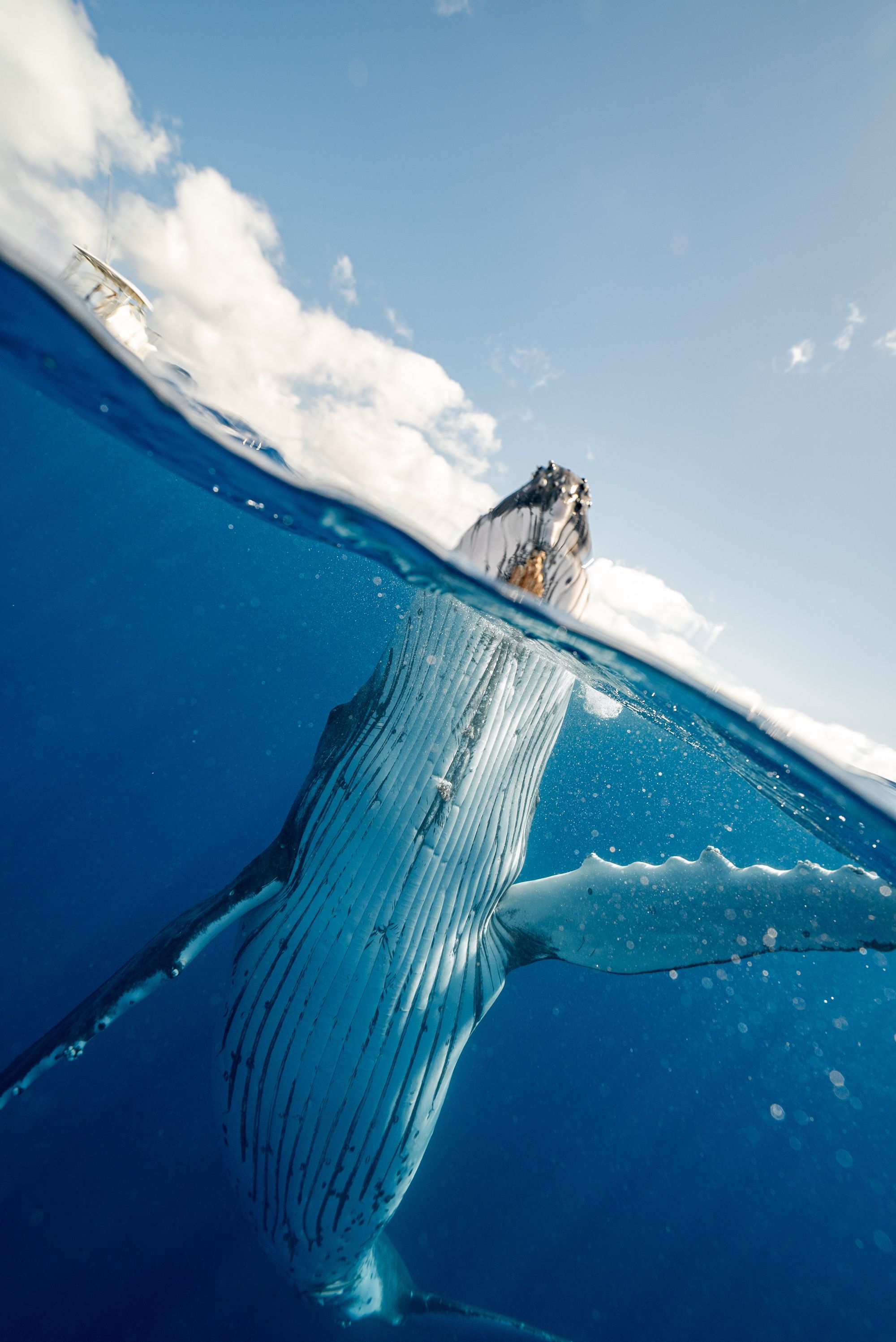
Further reading:
- A short but sweet blog on the ‘coming age of wood pasture’. Natural Areas
- The CEO of Scottish Natural Heritage looks at nature’s role in Scotland’s recovery. Scotland’s Nature
- Martin Harper on the priority events for nature in 2020. RSPB
- The Rivers Trust is campaigning for bathing water standards to be introduced to well-used rivers across the nation. (How is this not already a thing?) The Rivers Trust
Happy days
Women | I was tired of seeing my Twitter dominated by men, so I asked for some recommendations for women in UK nature and conservation to follow. The response was overwhelming – I received literally hundreds of suggestions. I’m compiling them into a list here: take a look for an inspiring selection of campaigners, conservationists, scientists, ecologists, writers, journalists and more. And keep the suggestions coming!
Image credits: Kentish Plumber, Bill Tyne, Sophie Yeo, Elianne Dipp
Subscribe to our newsletter
Members receive our premium weekly digest of nature news from across Britain.
Comments
Sign in or become a Inkcap Journal member to join the conversation.
Just enter your email below to get a log in link.

